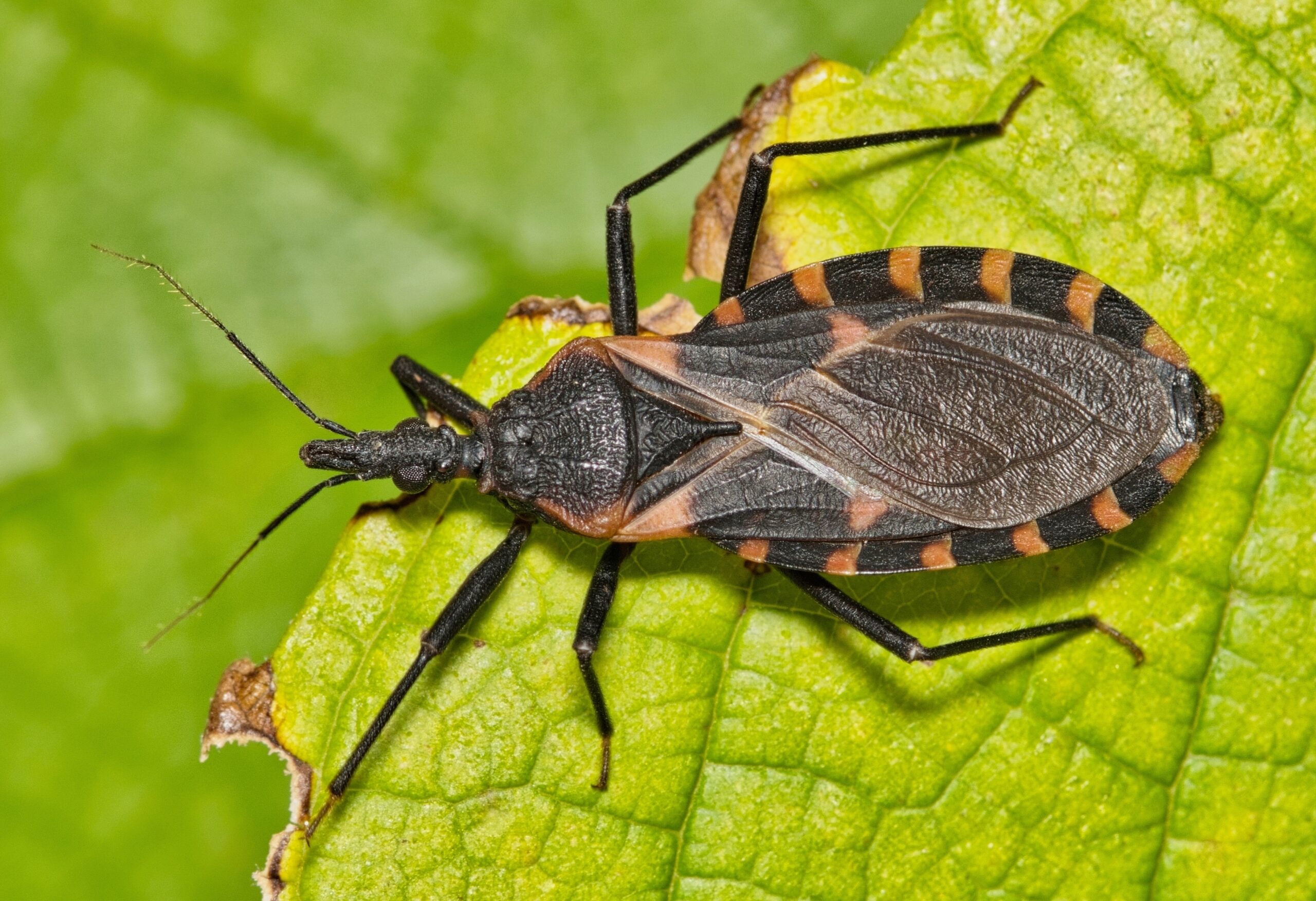A silent killer is expanding across U.S. states, challenging public health efforts and raising constitutional concerns over inadequate disease surveillance.
Story Overview
- Chagas disease, a deadly parasitic illness, is spreading in the U.S.
- Confirmed in at least eight states, primarily California and Texas.
- Climate change may expand the range of disease-carrying kissing bugs.
- Up to 30% of chronic cases can lead to severe heart complications.
Chagas Disease: A Growing Threat
Chagas disease, caused by the parasite *Trypanosoma cruzi*, is transmitted through the feces of infected triatomine insects, known as “kissing bugs.” This illness, once confined to Latin America, is now confirmed in at least eight U.S. states, with a significant concentration of cases in California and Texas. The disease can remain asymptomatic for years before causing severe heart problems, affecting up to 30% of chronic sufferers.
‘Silent killer’ parasitic disease spreading across multiple US states, experts warn #CDC #Diseasehttps://t.co/i6b2GwHflb
— Rueben Urias (@RuebenUrias) September 6, 2025
Factors Driving the Spread
Migration from endemic regions has introduced the disease to the U.S., and climate change is facilitating the northward expansion of kissing bugs. These insects, which typically live in cracks of poorly constructed homes, have adapted to modern environments, posing a risk even in urban areas. The public’s lack of awareness and the insufficient surveillance exacerbate the risk of a silent epidemic.
Since 2007, routine blood screening in the U.S. has identified previously unnoticed carriers, highlighting the need for more comprehensive monitoring and public education. Local transmission has been documented in states like Texas, raising concerns about the potential for a broader outbreak.
Watch: What is Chagas Disease? The Scary Truth About the ‘Kissing Bug’ PARASITE Spreading in the US
Public Health and Economic Impacts
The economic burden of managing chronic Chagas cases, which can lead to heart failure and other severe complications, is substantial. The increasing prevalence of the disease may also strain public health systems, as more resources are required for diagnosis and treatment. Additionally, affected communities often face social stigma and barriers to accessing care, which complicates public health efforts.
Blood and organ donation industries must continue rigorous screening processes to prevent transmission through transfusions. The housing and pest control sectors may see increased demand for solutions to mitigate kissing bug infestations, particularly in the southern and southwestern U.S.
Sources:
Fox News
University of Florida
UCLA Health
Texas Department of State Health Services
Texas A&M Kissing Bug Research













